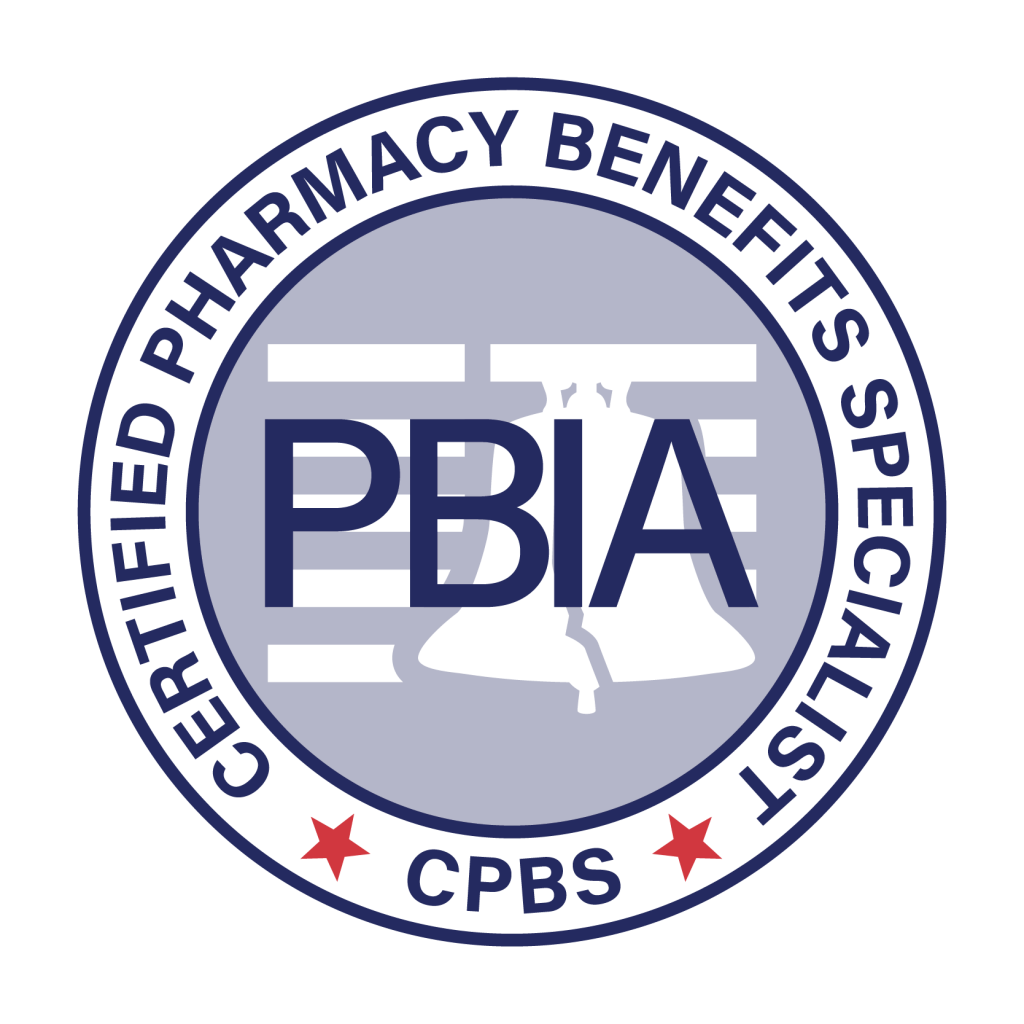Americans are becoming sicker because of rising prescription drug costs and other notes from around the interweb:
- Americans are Becoming Sicker Because of Rising Prescription Drug Costs. Soaring prescription medicine costs are consuming an ever-greater share of household income as basic costs rise. According to a recent Department of Health and Human Services government study, prescription medicine prices increased at an average rate of 31.6% over the course of the past year, with some increases reaching 500%. The pharmaceutical industry is so complex that Americans, who pay the highest costs in the world for prescription pharmaceuticals — two to three times more than citizens in other nations — are looking for any method to avoid it. Lower-income households are disproportionately harmed by high prescription drug expenditures, especially the 9% and 23% of US individuals who lack insurance or have inadequate insurance. People of color and Native Americans are more likely to experience financial challenges and have lower rates of health insurance. According to the Commonwealth Fund, a nonprofit organization focused on health policy reform, individuals of color are less likely to have health insurance and more likely to have financial hurdles to treatment. Patients who lack insurance must forgo their drugs in favor of more urgent requirements like housing or food. People who depend on prescription medications to treat their chronic ailments frequently rack up medical debt.
- Accumulators And Maximizers: A New Front in the Battle Over Drug Costs. At the time the patient presents to the retail pharmacy and uses the copayment coupon, the retail pharmacy (which contracts with the PBM) enters the amount of the coupon in the adjudication system. The PBM notes this part of the transaction and deducts the value of the coupon so that it does not “accumulate” against the deductible. (The pharmaceutical assistance program also notes the value of the coupon, as the programs do put limits on the amount of assistance available.) The beneficiary still avoids the copayment cost at least until she hits the limits on the copayment program, when the coupon ceases to become available and the patient must begin to pay, reinstating the original incentives. From the payer’s point of view—either the self-insured employer or the insurer—the effect is financially salutary. Some pharmaceutical firm funds help pay for the initial costs of the medication. But eventually, the deductible and copayments come back into play and promote consumerism. Yet, as the coupon limits come into play, the beneficiary faces challenges from out-of-pocket spending, and adherence can drop.
- Getting off the PBM Merry-go-Round: How Late-stage Offer Tricks Take Employers for a Ride. Monies offered by PBMs come in many forms – a general allowance credit that the client can use to pay for claims and expenses during open enrollment and implementation, an administrative credit that the client can use to pay back to the PBM for administrative fees, a clinical credit that the client can use to pay for voluntary clinical programs administered by the PBM or, at times, slightly improved pricing. If it seems odd that two of these credits go towards paying back the PBM for additional services, that’s because it is. Employers should think of these credits like getting tokens at a carnival – the tokens are valuable, but only if the employer uses them at the proverbial PBM carnival (i.e., invests them back into the PBM). If PBMs would manage their costs appropriately to begin with, employers wouldn’t be taken for this ride.
- Self-funded plans sue health care company alleging overcharging and other ERISA violations. The plaintiffs, self-funded health plan fiduciaries, claim the defendants breached their fiduciary duty under ERISA by denying the plaintiffs access to their plan claims data, failing to manage the claims “prudently, loyally, and in compliance with documents governing the plans,” and partaking in “prohibited transactions relating to the management and disposition of plan assets,” the complaint said. ERISA is a federal law that requires health plans to “provide participants with plan information, including important information about plan features and funding; provides fiduciary responsibilities for those who manage and control plan assets; requires plans to establish a grievance and appeals process for participants to get benefits from their plans; and gives participants the right to sue for benefits and breaches of fiduciary duty,” according to the U.S. Department of Labor.
